Filter by
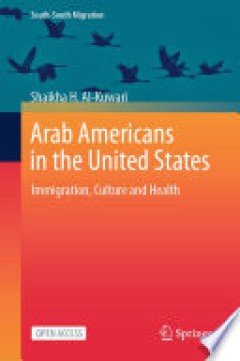
Arab Americans in the United States
Shaikha H. Al-Kuwari is an assistant professor of Anthropology at Qatar University. She earned her Ph.D. in Anthropology from University of Florida, USA, in 2018. Her research focuses in studying the relation between culture and health. She is interested in building cultural models of illnesses using the latest methodological advances in social science. Her goal is to create culturally based pr…
- Edition
- 1
- ISBN/ISSN
- 9789819974177
- Collation
- XI, 107
- Series Title
- -
- Call Number
- 305.8927
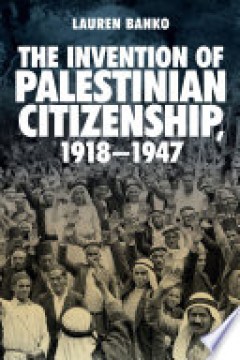
The Invention of Palestinian Citizenship
Explores the colonial, social and political history of the creation of citizenship in mandate Palestine In the two decades after the First World War, nationality and citizenship in Palestine became less like abstract concepts for the Arab population and more like meaningful statuses integrated into political, social and civil life and as markers of civic identity in a changing society. This boo…
- Edition
- -
- ISBN/ISSN
- 9781474415514
- Collation
- Knowladge Unlatched (KU)
- Series Title
- -
- Call Number
- 323.6095694 LAU t
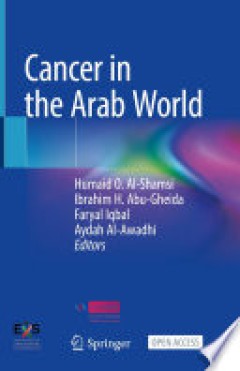
Cancer in the arab world
Prof. Al-Shamsi is the director of VPS oncology services in the United Arab Emirates which is the largest cancer care provider network in the UAE. He is also the President of the Emirates Oncology Society & an adjunct professor at the college of medicine - University of Sharjah. Prof. Al-Shamsi holds triple specialty board certifications in medical oncology from the UK, USA and Canada. He compl…
- Edition
- -
- ISBN/ISSN
- 9789811679452
- Collation
- XV, 476 p
- Series Title
- -
- Call Number
- 616.994009174927 HUM c
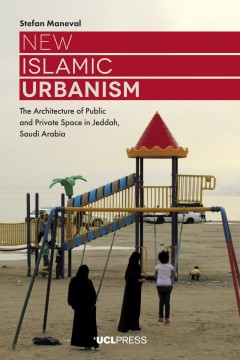
New Islamic urbanism : the architecture of public and private space in Jeddah…
Since the dawn of the oil era, cities in Saudi Arabia have witnessed rapid growth and profound societal changes. As a response to foreign architectural solutions and the increasing popularity of Western lifestyles, a distinct style of architecture and urban planning has emerged. Characterised by an emphasis on privacy, expressed through high enclosures, gates, blinds, and tinted windows, ‘New…
- Edition
- -
- ISBN/ISSN
- 9781787356429
- Collation
- xvii, 239 p. ill;
- Series Title
- -
- Call Number
- 720.9538 NEW S
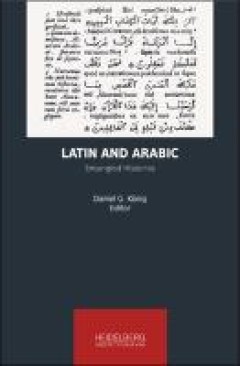
Latin And Arabic
As linguistic systems comprising a large variety of written and oral registers including derivate “languages” and “dialects,” Latin and Arabic have been of paramount importance for the history of the Euromediterranean since Antiquity. Moreover, due to their long-term function as languages of administration, intellectual activity, and religion, they are often regarded as cultural markers…
- Edition
- -
- ISBN/ISSN
- 9783947732265
- Collation
- -
- Series Title
- -
- Call Number
- Interfaith relations
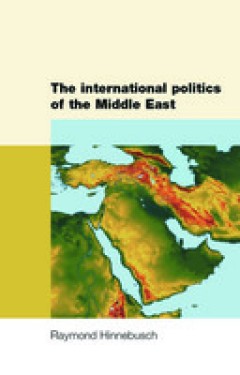
The international politics Of The Middle East
The international politics of the Middle East fills a major gap in the field of middle eastern political studies by combining international relations theory with concrete case studies. It will be of immense benefit to students of middle eastern politics, international relations and comparative politics. The book begins with an overview of the rules and features of the middle east regional syste…
- Edition
- -
- ISBN/ISSN
- 9780719053450
- Collation
- -
- Series Title
- -
- Call Number
- -
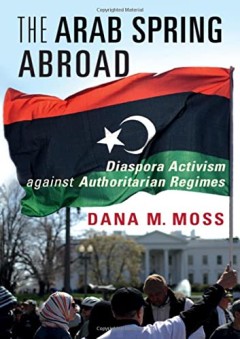
The Arab Spring abroad : diaspora activism against authoritarian regimes
The Arab Spring revolutions of 2011 sent shockwaves across the globe, mobilizing diaspora communities to organize forcefully against authoritarian regimes. Despite the important role that diasporas can play in influencing affairs in their countries of origin, little is known about when diaspora actors mobilize, how they intervene, or what makes them effective. This book addresses these question…
- Edition
- -
- ISBN/ISSN
- 9781009272148
- Collation
- xvii, 270p.
- Series Title
- Cambridge studies in contentious politics
- Call Number
- 909.097492708312 MOS t
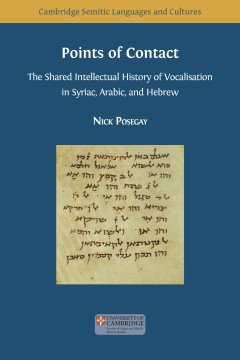
Points of contact : the shared intellectual history of vocalisation in Syriac…
In the first few centuries of Islam, Middle Eastern Christians, Muslims, and Jews alike all faced the challenges of preserving their holy texts in the midst of a changing religious landscape. This situation led Syriac, Arabic, and Hebrew scholars to develop new fields of linguistic science in order to better analyse the languages of the Bible and the Qurʾān. Part of this work dealt with the i…
- Edition
- -
- ISBN/ISSN
- 9781800642980
- Collation
- xii, 370 p.
- Series Title
- -
- Call Number
- 492 POS p
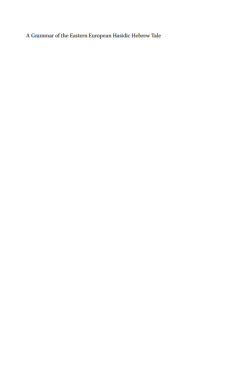
A grammar of the Eastern European Hasidic Hebrew tale
This volume constitutes the first reference grammar of the Hasidic Hebrew hagiographic tales composed in late nineteenth- and early twentieth-century Eastern Europe. It presents a thorough survey of Hasidic Hebrew orthography, morphology, syntax, and lexis illustrated with extensive examples.
- Edition
- -
- ISBN/ISSN
- 9789004281622
- Collation
- x, 450 p.
- Series Title
- Studies in Semitic languages and linguistics
- Call Number
- 492.47 KAH g
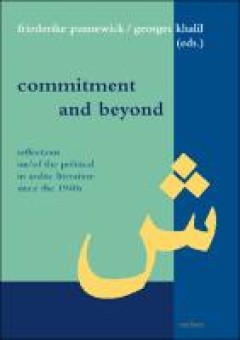
Commitment and beyond : reflections on/of the political in arabic literature …
This book is about the relations between literature, society and politics in the Arab world. It is an attempt to come to terms with the changing conceptualizations of the political in Arabic literature (and to a certain extent theater and the visual arts) in recent modern history. It examines historical and contemporary conceptions of literary commitment (iltizām) and how notions of ‘writing…
- Edition
- -
- ISBN/ISSN
- 9783954906130
- Collation
- 358 p.
- Series Title
- -
- Call Number
- 892.709 YVO c
 Computer Science, Information & General Works
Computer Science, Information & General Works  Philosophy & Psychology
Philosophy & Psychology  Religion
Religion  Social Sciences
Social Sciences  Language
Language  Pure Science
Pure Science  Applied Sciences
Applied Sciences  Art & Recreation
Art & Recreation  Literature
Literature  History & Geography
History & Geography